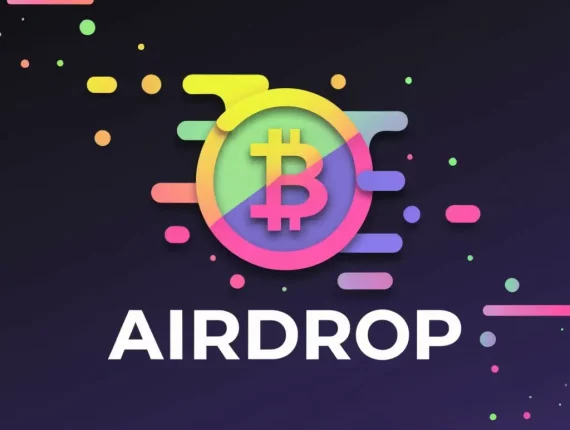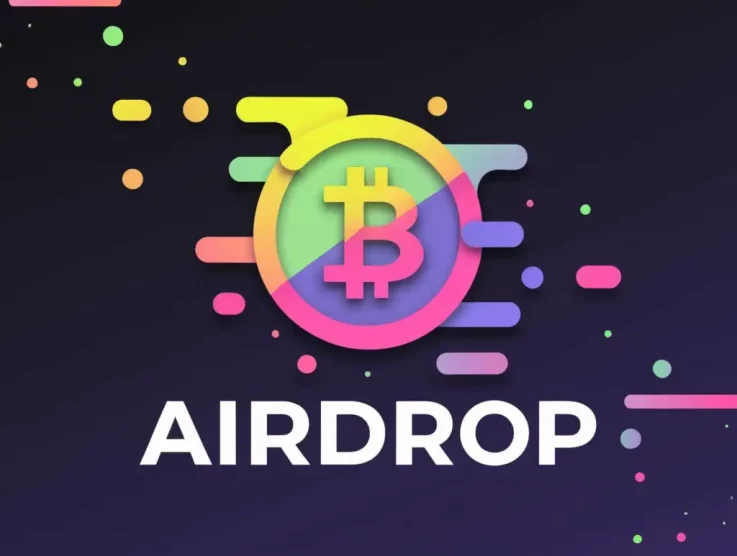MetaMask Wallet 2024 Review: Everything You Need to Know
Discover the most popular tool for managing digital assets.

MetaMask is a widely-used cryptocurrency wallet, boasting over 30 million users. It’s a non-custodial wallet, giving users full control over their private keys. MetaMask is compatible with various devices, including iOS, Android, and browsers like Chrome, Edge, Brave, and Firefox. The wallet itself doesn’t charge fees; users only pay transaction fees when making transfers.
Although MetaMask is user-friendly, it initially only supports Ethereum. To add other blockchains like Binance Smart Chain or Polygon, users must do so manually. Another limitation is that MetaMask doesn’t support Bitcoin. Additionally, users can’t directly buy cryptocurrencies within the wallet but need to use third-party services like Moonpay and Mercuryo for fiat purchases.
MetaMask also supports decentralized apps (dApps) like the Uniswap exchange and the OpenSea NFT marketplace, allowing for a cheaper way to buy cryptocurrencies and NFTs.
Wallet Type:
Non-custodial browser extension and mobile app.
Fees:
Set by third-party providers, shown at the time of purchase.
Features:
Supports some dApps, including Uniswap, Compound.
Interface:
User-friendly, ideal for beginners. Free to use and maintain.
Key Features of MetaMask
Launched in 2016, MetaMask was initially a browser extension for Chrome, Firefox, and other browsers. Later, a mobile app was introduced for iOS and Android, allowing users to send, receive, and store cryptocurrencies on multiple devices.
As a non-custodial wallet, MetaMask doesn’t have access to users’ private keys, which are stored in the form of a seed phrase. If you lose your private keys, MetaMask won’t be able to help you recover them.
The seed phrase—a modern security standard for crypto wallets—must be stored securely. MetaMask is entirely free, and users only pay network fees (gas) for transactions. By default, it supports Ethereum, making it ideal for storing ERC-20 tokens.
MetaMask also supports coins from blockchains like Arbitrum, Optimism, Binance Smart Chain, Polygon, and Avalanche. However, users must manually add these networks.
One of MetaMask’s main drawbacks is its lack of Bitcoin support. It also doesn’t support some top-10 altcoins like XRP, ADA, and SOL.
Supported Blockchains:
- Ethereum
- Arbitrum
- Optimism
- Binance Smart Chain
- Polygon
- Avalanche
Users must manually add these networks, which may be tricky for beginners.
Is MetaMask Decentralized?
MetaMask is a non-custodial, decentralized wallet, meaning only the wallet owner has access to their private keys. During setup, users receive private keys in the form of a 12-word seed phrase. It’s the user’s responsibility to store these securely, as MetaMask cannot recover lost keys.
While MetaMask provides decentralized control, it relies on centralized third-party services for fiat payments (e.g., MoonPay, Mercuryo), which require KYC verification.
MetaMask Fees
The wallet itself is free to use, but outgoing transactions incur gas fees, which are determined by the blockchain. MetaMask allows users to set their gas fees, but choosing a lower fee may result in a failed transaction.
Other Fees:
- Cross-chain swaps: 0.875%
- Fiat purchases: Set by third-party providers, typically 3-5%.

Is MetaMask Safe?
MetaMask ensures security through password protection and seed phrases. Users should create strong passwords and store their seed phrases offline for maximum safety.
As a non-custodial wallet, MetaMask doesn’t offer additional security features like two-factor authentication (2FA) or IP/device whitelisting, which are common in custodial wallets.
Token Swaps in MetaMask
MetaMask allows token swaps within the wallet interface, utilizing third-party liquidity pools. While MetaMask claims to offer the best rates, it doesn’t disclose which pools it uses, and it charges a variable fee built into the exchange rate.
Staking in MetaMask
Users can stake their tokens within MetaMask, but the service is managed by third parties, and only ETH staking is supported through providers like Lido and Rocketpool.
NFT Support
MetaMask supports NFT storage for ERC-721 and ERC-1155 tokens, but users can only transfer ERC-721 NFTs from their wallets.
Buying Crypto in MetaMask
Users can purchase crypto directly within MetaMask using fiat currencies, but this is handled by third-party providers and incurs fees of 3-5%. KYC verification is required for these purchases.

Final Thoughts on MetaMask
MetaMask offers an easy-to-use, decentralized wallet solution for managing crypto assets, especially for Ethereum-based tokens. While it’s highly secure and ideal for experienced users, beginners might find the manual network setup process complicated. Additionally, its reliance on third parties for certain services can lead to higher fees.
MetaMask provides a balance between security and functionality, but it’s essential for users to take responsibility for safeguarding their private keys.



